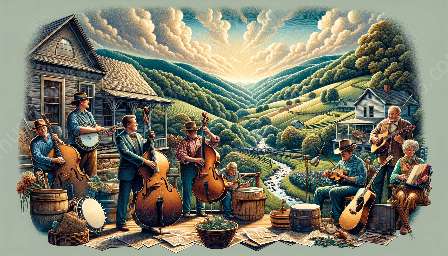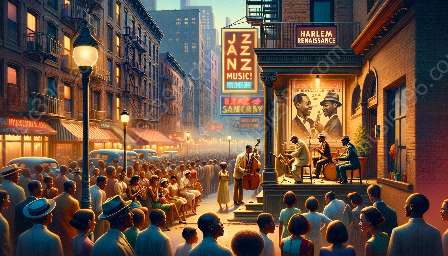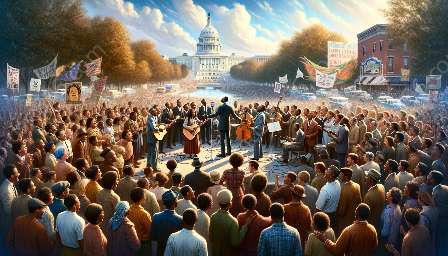The role of female artists and musicians in the history of gospel music has been significant, with their contributions shaping and enriching the genre in diverse and impactful ways. From powerful vocal performances to songwriting and leadership, female artists have played an integral part in the development and evolution of gospel music. This article explores their influence and celebrates their enduring impact on this vibrant musical tradition.
History of Gospel Music
To understand the contributions of female artists and musicians to gospel music, it is essential to first delve into the rich history of the genre. Gospel music has deep roots in African American culture, stemming from the spirituals and hymns sung by enslaved Africans in the United States. As a form of religious expression, gospel music has evolved over time, blending traditional hymnody with elements of blues, jazz, and soul, and reflecting the experiences and emotions of the African American community.
Contribution of Female Artists
Vocal Performances: Female artists have been at the forefront of gospel music, delivering powerful and emotive vocal performances that have moved audiences and transcended cultural boundaries. Their ability to convey profound messages of hope, faith, and resilience through their singing has resonated deeply with listeners and has been integral to the emotional impact of gospel music.
Songwriting and Composition: Many female artists have also made significant contributions to the songwriting and composition of gospel music. Through their lyrical and musical creativity, they have penned songs that speak to the human experience, addressing themes of spirituality, social justice, and personal triumph. Their compositions have often become anthems of empowerment and solidarity within the gospel music tradition.
Leadership and Innovation: Female artists and musicians have not only excelled as performers and songwriters but have also demonstrated remarkable leadership and innovation within the gospel music community. They have founded choirs, ensembles, and musical groups, nurturing the talents of others and fostering a sense of community and inclusivity within the genre. Their vision and commitment have helped shape the direction of gospel music and have opened new avenues for artistic expression.
Notable Female Figures in Gospel Music History
Throughout the history of gospel music, numerous female artists and musicians have left an indelible mark on the genre. Their artistry, passion, and dedication have contributed to the enduring legacy of gospel music. Some notable figures include:
- Mahalia Jackson: Known as the “Queen of Gospel,” Mahalia Jackson possessed a voice of unparalleled depth and emotional resonance. Her recordings and live performances solidified her as one of the most influential gospel singers of all time, and her contributions to the civil rights movement further elevated her impact.
- Clara Ward: As the leader of the Clara Ward Singers, Clara Ward brought a dynamic and innovative approach to gospel music, blending traditional gospel with elements of jazz and blues. Her charismatic stage presence and vocal prowess garnered widespread acclaim and inspired countless aspiring artists.
- Albertina Walker: With her soul-stirring voice and unwavering commitment to gospel music, Albertina Walker became a trailblazing figure in the genre. She founded the Caravans, a renowned gospel group, and her enduring influence as a vocalist and mentor shaped the careers of many musicians.
- Aretha Franklin: Often referred to as the “Queen of Soul,” Aretha Franklin’s impact extended beyond the realms of R&B and soul music. Her gospel roots infused her iconic performances with a profound spiritual energy, and her interpretations of gospel standards continue to resonate with audiences worldwide.
Evolution and Contemporary Impact
The contributions of female artists and musicians to gospel music have not only shaped its history but continue to influence its contemporary landscape. Female performers and composers are at the forefront of the genre, pushing boundaries and exploring new sonic territories while remaining rooted in the enduring traditions of gospel music. Their voices and creativity enrich the genre, ensuring its relevance and resonance for future generations.
Conclusion
The enduring impact of female artists and musicians on the history of gospel music is undeniable. Their contributions have not only enriched the genre but have also served as a source of inspiration, empowerment, and spiritual nourishment for audiences around the world. Through their vocal prowess, composition, leadership, and innovation, female artists continue to shape the vibrant tapestry of gospel music, ensuring its enduring legacy and relevance.




































